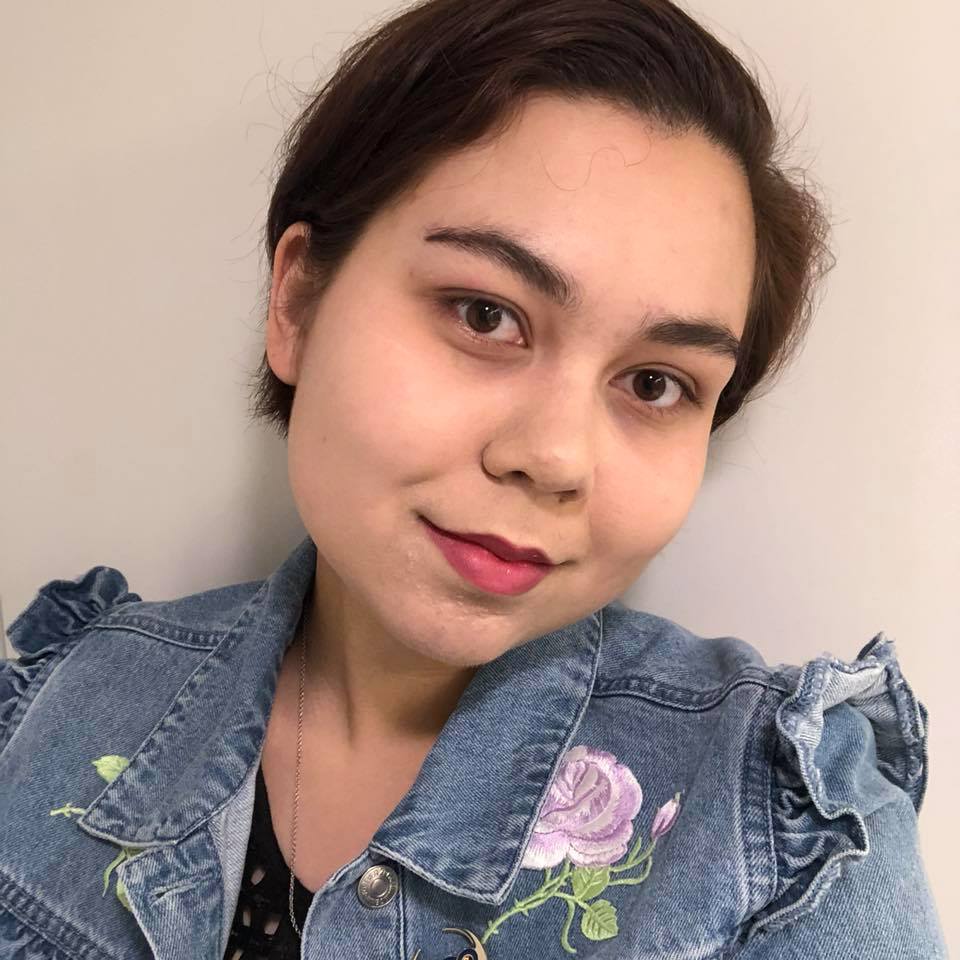ISSN: 1941-4137
POETRY THAT ENACTS THE ARTISTIC AND CREATIVE PURITY OF GLASS
POETRY THAT ENACTS THE ARTISTIC AND CREATIVE PURITY OF GLASS

Kanika Lawton is a writer, poet, and editor living in Toronto, Ontario. She is an MA student and graduate assistant at the University of Toronto’s Cinema Studies Institute, where she teaches on horror films and sex in cinema. She is the Founder and Editor-In-Chief of L’Éphémère Review, Social Media Manager of Rambutan Literary, and a 2018 Pink Door Fellow. Her work has appeared in Ricepaper Magazine, Vagabond City Literary Journal, Hypertrophic Literary, Longleaf Review, and Rust + Moth, and profiled in The Ellis Review, Horn & Ivory Zine, and wildness. She is the author of Wildfire Heart (The Poetry Annals, 2018) and Loneliness, and Other Ways to Split a Body (Ghost City Press, 2018).
After, He Tells Me to Get Up
Towards the end of us, I let him remember.
My back to Los Angeles, I clip at budding
wing, hand crawling at the knife. He tells me
I’m beautiful, marble-soft and beckoning.
Bernini began moulding stone at eight;
I’ve been kneading at this body the same.
Seizing, I scratch my name down his stomach,
bruising at the promise of want.
*
I learned I taste like citrus and I get it now;
why he couldn’t stop long enough to wipe me from
his mouth, why I grow groves from my throat. When
he flew back to Austin, I let the fruit fall. When he
announced his engagement six months later, I let the
worms eat. Convinced I am innocent, I let her be happy.
Break my teeth on the seed, set fire to the acres —
scrub his shadow from my skin.
*
A year later, he texts me happy birthday, says he still
remembers all the good memories we had.
I let her be happy. I burn it all down.
I spent a year studying in Los Angeles between 2015 and 2016, and much of my work is directly influenced by the choices I made, the people I met, and the things I did while I was down there. I have a rather complicated relationship with the city; I considered it a second home, yet it has both build me up and broken me down more times than I can count, and I am still trying to grapple with the person I was during that transformative year.
I went on a date with a man who, while we were putting our clothes back on, asked to me stand naked against the window, the LA skyline visible behind my shoulders. He said he wanted to have another look at me, to admire my body, even though he knew what it was capable of doing. I had never felt more exposed, yet wanted, in my life, and I held onto that strange mix of self-consciousness and narcissism for weeks. I am beautiful, I am a sight to behold, I am someone any man would want to have. It wasn’t until months later, when I saw on Facebook that he got engaged, that the timeline of our very short-lived relationship collapsed; she is why he had to rush back to Austin, why he asked me what I would do if he stayed a little longer. I had no intention of being the other woman, and it took all my willpower not to message his (now) wife to tell her who I was, or what I had done with her husband. I never messaged her, and I still don’t know if I did the right thing. Deep down I know none of this is my fault, but I loved the fact that he wanted me so much I let that cloud my vision. Over two years later, I wonder if I still bruise from that kind of want, and if she is still happy.
Glass: A Journal of Poetry is published monthly by Glass Poetry Press.
All contents © the author.
All contents © the author.





